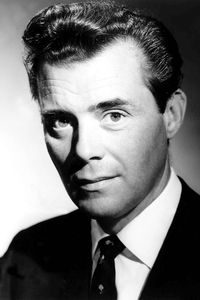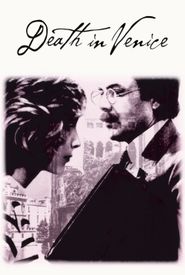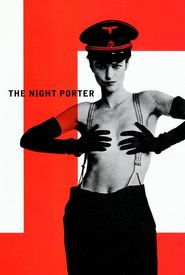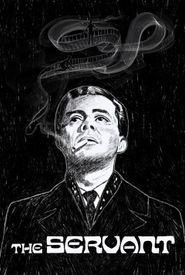Sir Dirk Bogarde, distinguished film actor and writer, was born Derek Jules Gaspard Ulric Niven van den Bogaerde on March 28, 1921, to Ulric van den Bogaerde, the art editor of "The Times" (London) newspaper, and actress Margaret Niven in the London suburb of Hampstead. He was one of three children, with sister Elizabeth and younger brother Gareth. His father was Flemish and his mother was of Scottish descent.
Bogarde started his career as a commercial artist, but eventually turned to acting, making his stage debut in 1939. He served in the Air Photographic Intelligence Unit during World War II, where he was awarded seven medals for his service.
After the war, Bogarde returned to acting, making his film debut in 1947. He quickly gained recognition for his performances in films such as "Doctor in the House" (1954) and "Victim" (1961),which addressed the persecution of homosexuals. He won the first of his six nominations as Best Actor from the British Academy of Film & Television Arts (BAFTA) for "Victim".
Bogarde went on to star in a wide range of films, including "The Servant" (1963),"Accident" (1967),and "Death in Venice" (1971). He won his second BAFTA Best Actor Award for "The Servant".
In the 1970s, Bogarde continued to appear in films, including "A Bridge Too Far" (1977) and "Despair" (1978). He also began to write, publishing his autobiography and a series of novels.
Bogarde suffered a stroke in 1996 and was partially paralyzed. He died on May 8, 1999, at the age of 78, due to a heart attack. He was cremated and his ashes were scattered in France.
Throughout his career, Bogarde was known for his intense preparation and dedication to his craft. He was also known for his private and reclusive nature, and his reluctance to discuss his personal life. Despite this, he remained a beloved and respected figure in the film industry, and his legacy continues to be celebrated to this day.





























































































